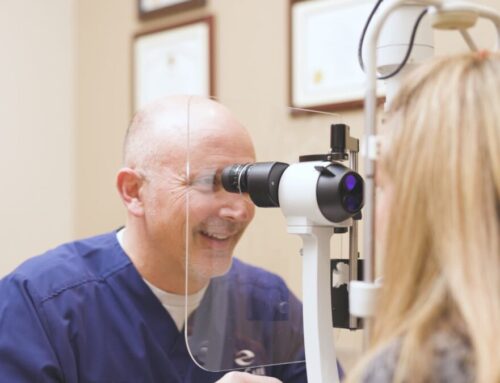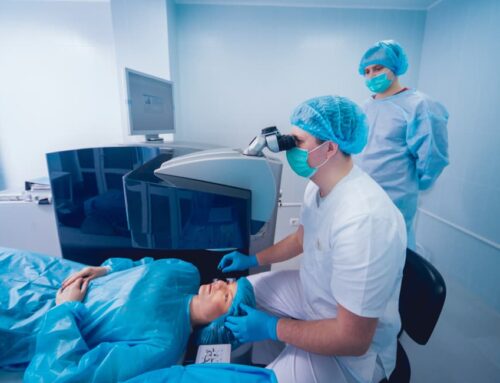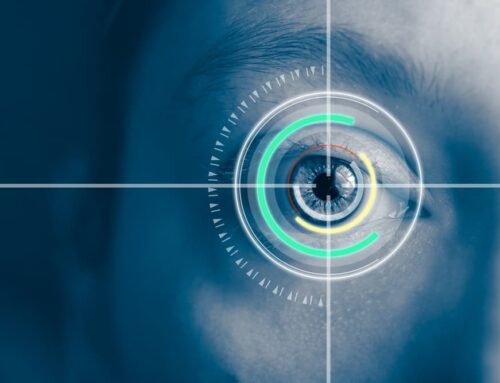At Eye Care Professionals, the most common questions we receive about LASIK surgery involve how successful it is. For instance, how many patients receive 20/20 vision? How many patients experience complications? And how many patients would recommend the procedure to friends and family?
The LASIK success rate
Thankfully, LASIK is one of the most well understood – and well-studied – surgical procedures, with thousands of studies examining its effects on the human eye.
According to the latest research, over 90% of patients who receive LASIK achieve 20/20 vision, and 99.5% of patients achieve better than 20/40 vision — enough to legally drive a car without glasses. Patient satisfaction rates for LASIK were an unprecedented at 98.5 %, which is higher than any other elective procedure.
Complications are rare, and often result from poor patient selection. In other words, patients who are not good candidates for LASIK (whether due to age, eye anatomy, or medical history) are more likely to experience complications than those who are. At Eye Care Professionals we meticulously screen our potential LASIK patients to ensure that only those who truly are good candidates undergo the procedure. With this attention to detail as well as our advanced techniques and state of the art technology our patients typically experience excellent outcomes and years of excellent vision following LASIK and PRK.
Am I a candidate for LASIK?
Prior to receiving LASIK surgery, all prospective patients must receive a comprehensive eye examination to determine whether they’re a candidate. Ideal candidates are older than 18 years old with an eye prescription that hasn’t changed within the last 12 months. In addition, they must meet a number of medical criteria to minimize the risk of complications.
Certain conditions may increase the risk of developing complications following LASIK. These include:
- Large pupils
- Thin corneas
- History of eye injuries or illness
- Dry eyes
- Severe nearsightedness
- Glaucoma
- Diabetes
- Rheumatoid arthritis, lupus, HIV, and other autoimmune or immune disorders
- Family history of keratoconus
Your doctor will examine your eyes and review your medical history to determine whether LASIK is the best choice for you.
What if I’m not a candidate for LASIK?
If you’re not a candidate for LASIK, you may still be a candidate for another refractive procedure, like photorefractive keratectomy (PRK) or laser-assisted subepithelial keratectomy (LASEK). When you come in for your LASIK consultation, our staff will discuss alternatives that will work best with your unique anatomy.
Our practice is somewhat unique in that we offer a wide variety of other refractive surgery alternatives including ICLs (Implantable Collamer Lenses), RLE (Refractive Lens Exchange) and KAMRA corneal implants. In some cases, we may recommend one of these other procedures if our tests indicate you are more likely to be successful with a treatment other than LASIK.
So, is LASIK successful?
Yes! Like all surgical procedures, there are risks inherent in receiving LASIK. However, the vast majority of patients are satisfied with their results, more so than patients of any other elective procedure.
Are you interested in seeing the world more clearly? Contact Eye Care Professionals today to schedule a no-obligation LASIK screening exam.











